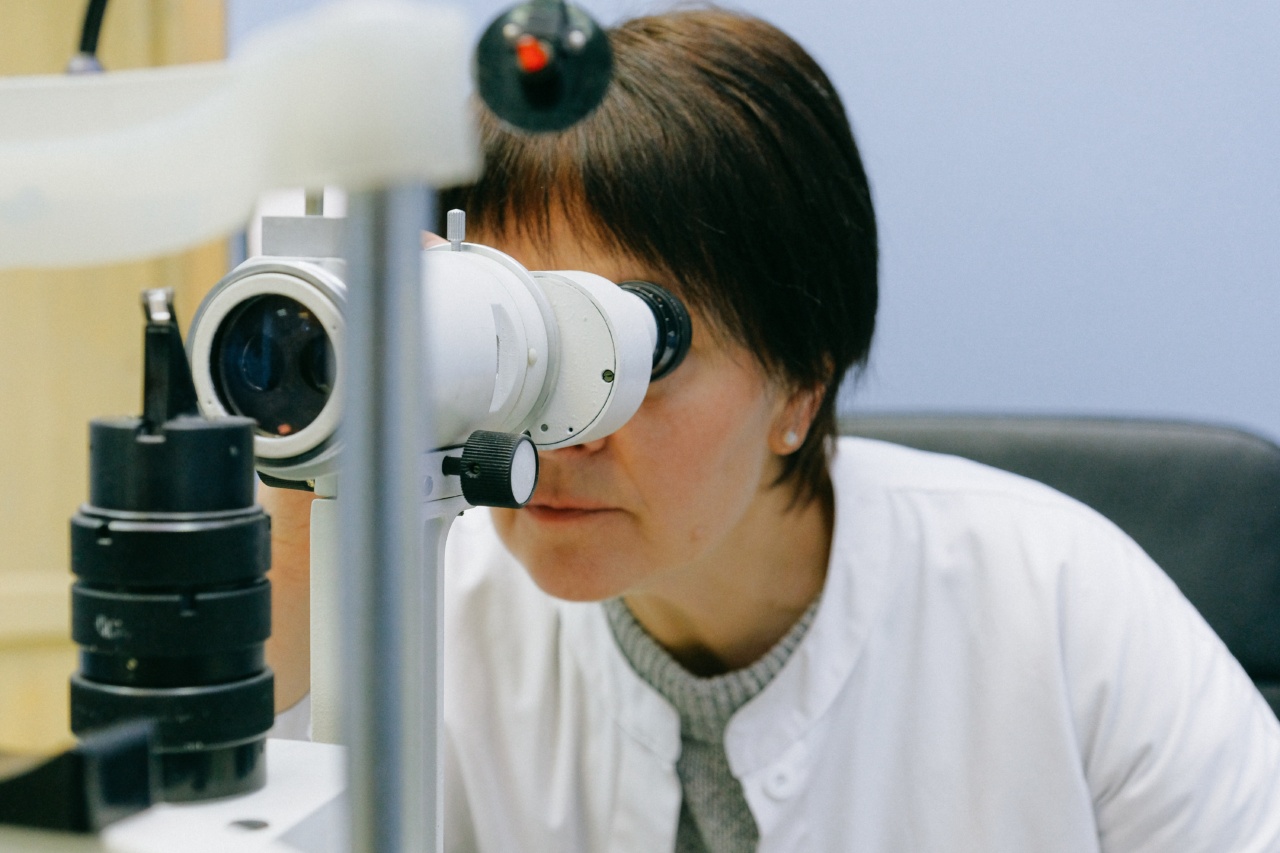Parasites can be dangerous for humans as they harm our health and cause diseases. They feed on the host’s blood and tissue and cause a variety of problems. Female fertility is also affected by parasites, especially those that live in the intestines.
In this article, we will discuss how parasites can decrease female fertility through the intestines and what measures can be taken to prevent it.
The Impact of Parasites on Female Fertility
Parasites can cause infertility in women by damaging the reproductive organs, causing hormonal imbalances, and creating a nutrient deficiency.
They also propagate in and stimulate an inflammatory response in the intestines that negatively impacts reproductive processes. The parasites reproduce rapidly and produce toxins that can damage ova and sperm cells.
The Role of the Intestines in Female Fertility
The intestines are an essential part of a woman’s reproductive system that plays a vital role in maintaining fertility. The intestines are responsible for nutrient absorption, waste removal, and immune function.
The beneficial bacteria that resides in the intestines plays a critical role in modulating the immune system and protecting the gut lining against harmful microorganisms.
Types of Parasites that Affect Female Fertility
There are several types of parasites that can affect female fertility, such as:.
- Roundworms – These parasites can cause malnutrition, anemia, and damage to the reproductive organs.
- Hookworms – They feed on nutrients in the body, causing anemia and malnutrition that can lead to infertility
- Tapeworms – They feed on the food in intestines, and when they migrate to other parts of the body, they can damage reproductive organs.
- Protozoa – These parasites are responsible for causing inflammation in the intestines that causes nutrient malabsorption and damages the reproductive system.
The Connection between Parasites and Intestinal Health
The connection between parasites and intestinal health often leads to a vicious cycle that can be challenging to break. Intestinal inflammation leads to nutrient malabsorption, which can lead to weakened immunity.
This weakened state attracts even more harmful microorganisms, aggravating symptoms. This cycle can prevent the absorption of essential nutrients that support the reproductive system.
Signs of Parasitic Infection
It is critical to identify signs of parasitic infections to avoid the damage they can cause to the body. Symptoms include:.
- Abdominal pain
- Digestive issues
- Foul breath
- Chronic fatigue
- Diarrhea or constipation
- Change in appetite
- Insomnia or disrupted sleep
- Abnormal periods
Preventing Parasitic Infection
It is difficult to prevent parasitic infections entirely, but measures can be taken to reduce the chances of contracting them. These include:.
- Washing hands, especially before eating
- Cooking meats thoroughly
- Avoiding raw produce
- Drinking clean, boiled, or filtered water
- Regulating outdoor activity and avoiding areas prone to parasitic infections
Treating Parasitic Infection
The treatment for parasitic infection varies from one type of parasite to another. Therefore, it is essential to consult a physician before starting any treatment. The most common treatments include:.
- Antibiotics or antifungal medications, depending on the type of parasite
- Herbal remedies or diet changes such as drinking wormwood tea or consuming garlic, pumpkin seeds, or papaya seeds.
- Enema or colon hydrotherapy to flush the parasites out of the body
- Probiotic supplements to replenish beneficial bacteria in the intestines
Conclusion
Parasites can negatively impact female fertility through the intestines, causing inflammation, nutrient deficiencies, and organ damage.
It is essential to take measures to reduce the risk of parasitic infections, such as maintaining good hygiene, cooking foods thoroughly, and avoiding areas prone to infections. If infected, consult a physician for proper treatment. Regular medical check-ups aid in diagnosing and treating any underlying conditions or parasites that could harm the reproductive system.































